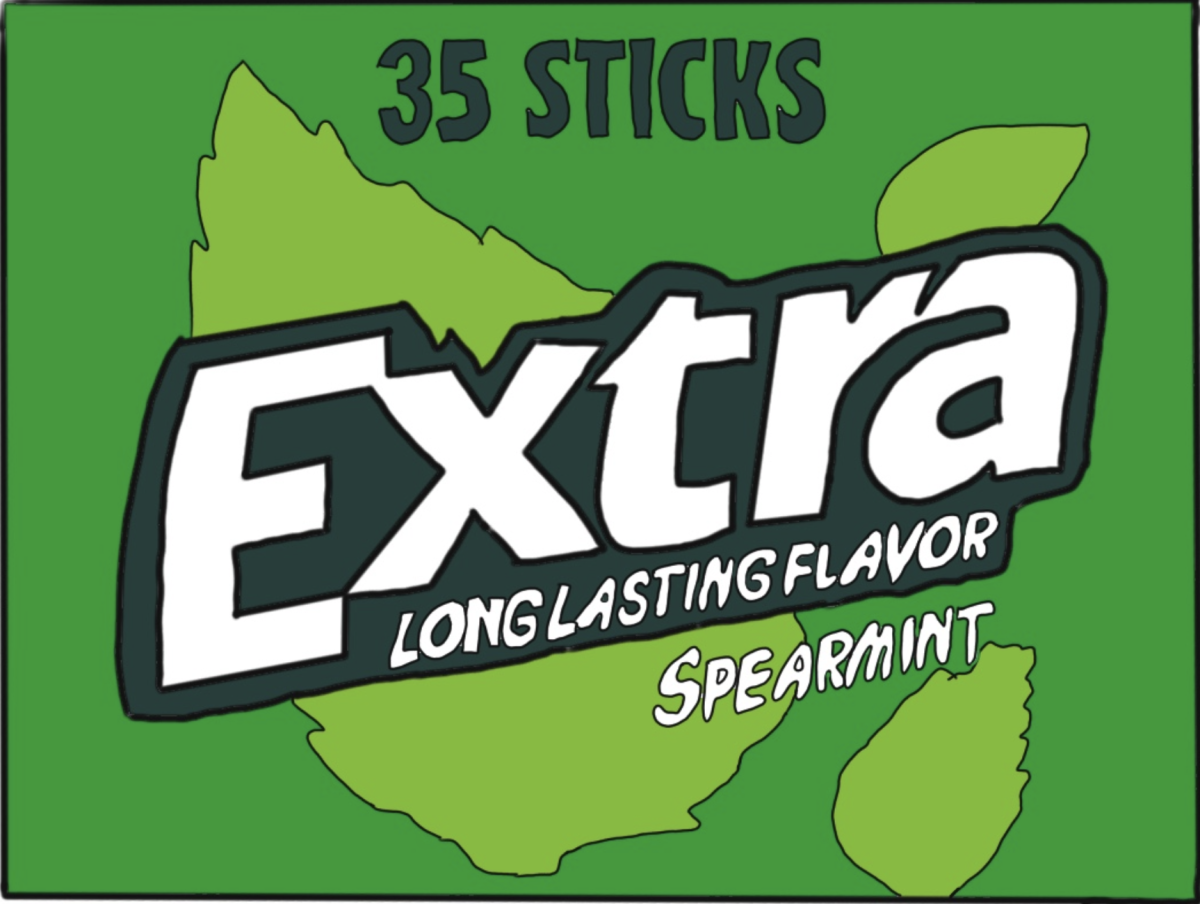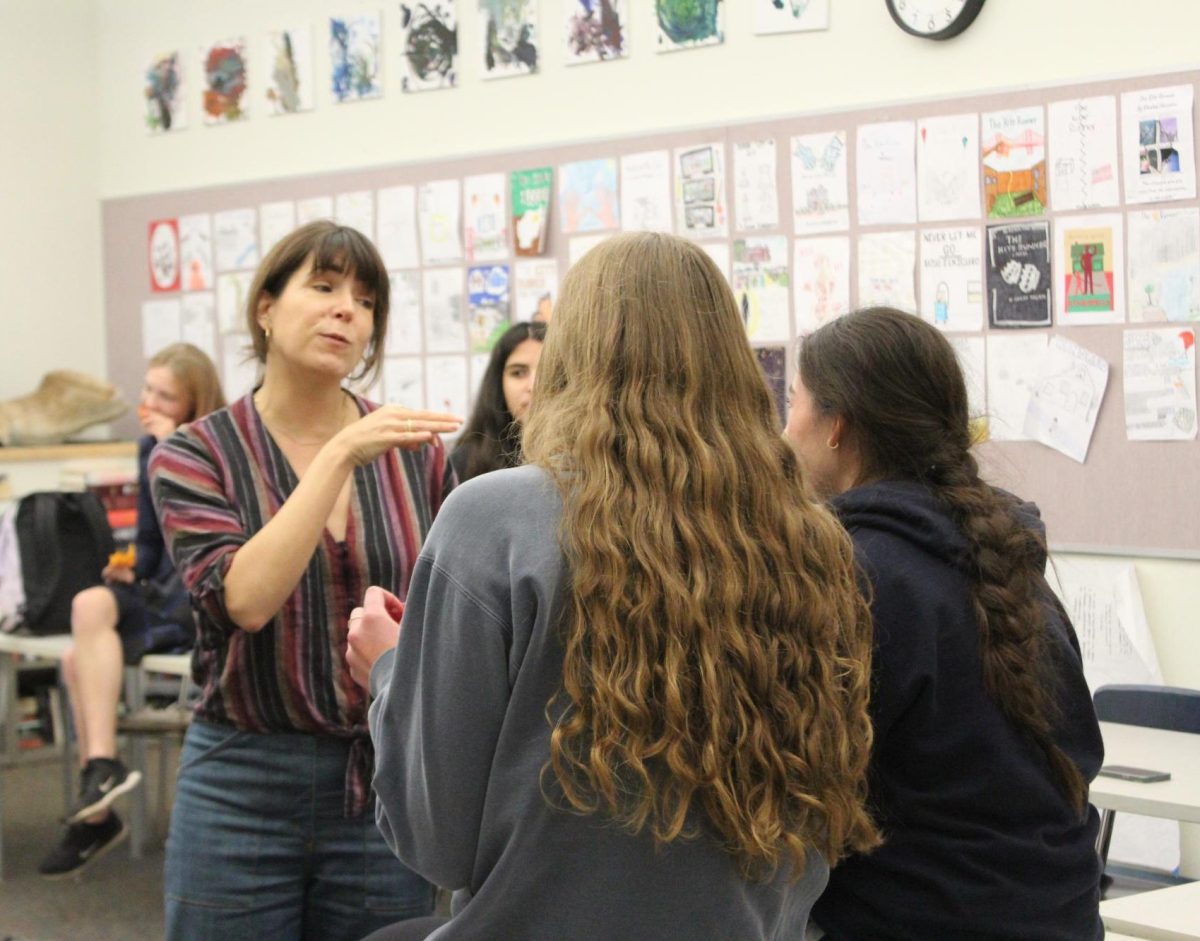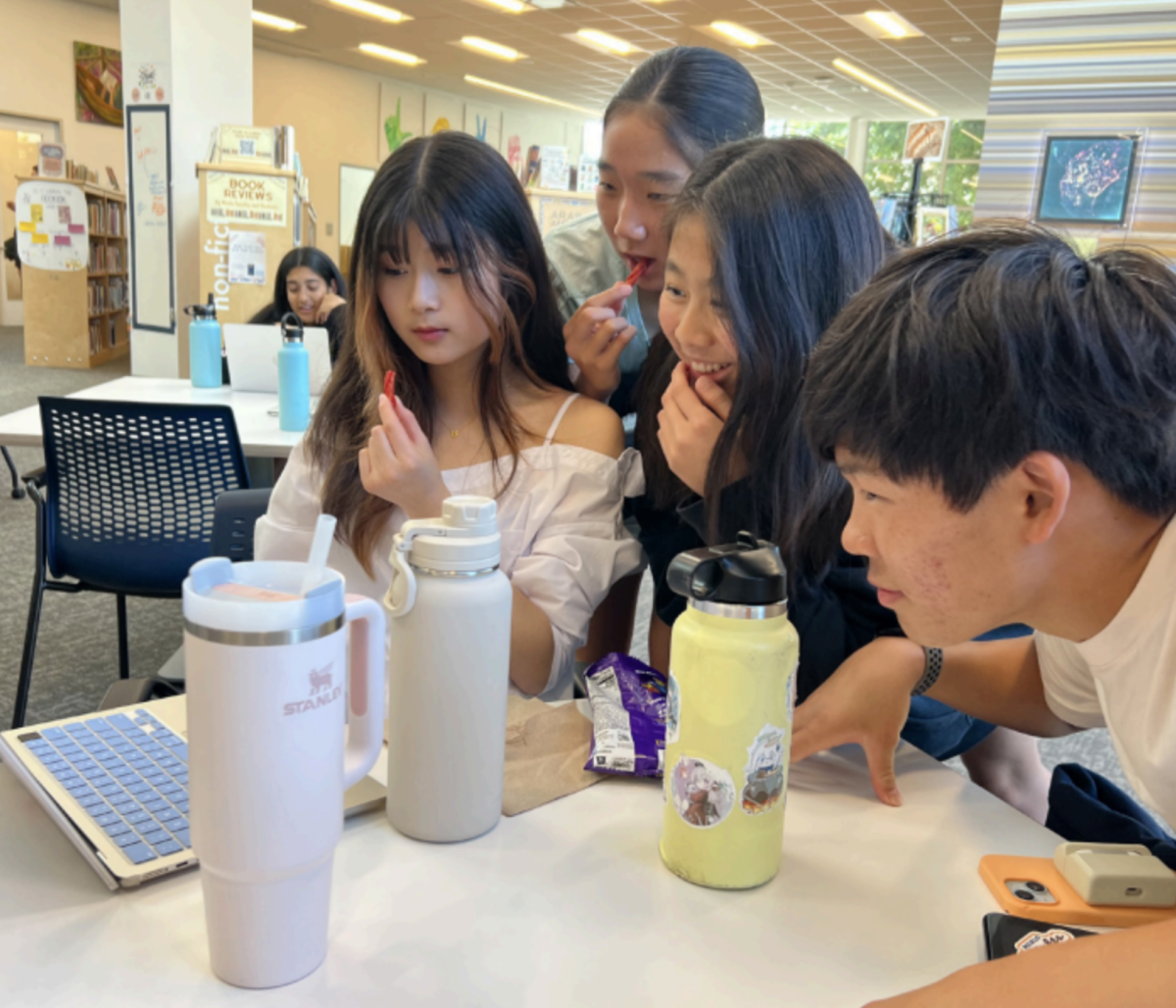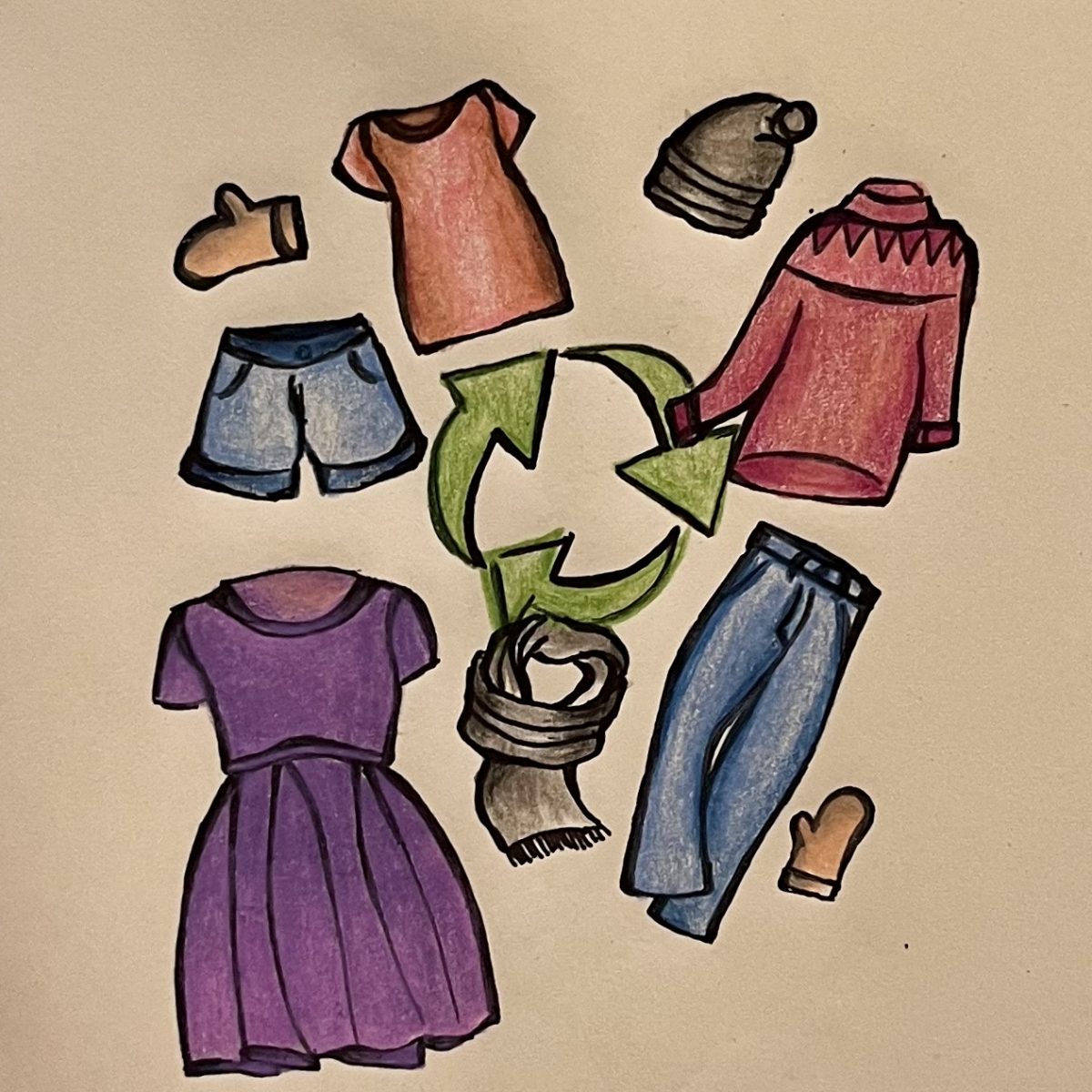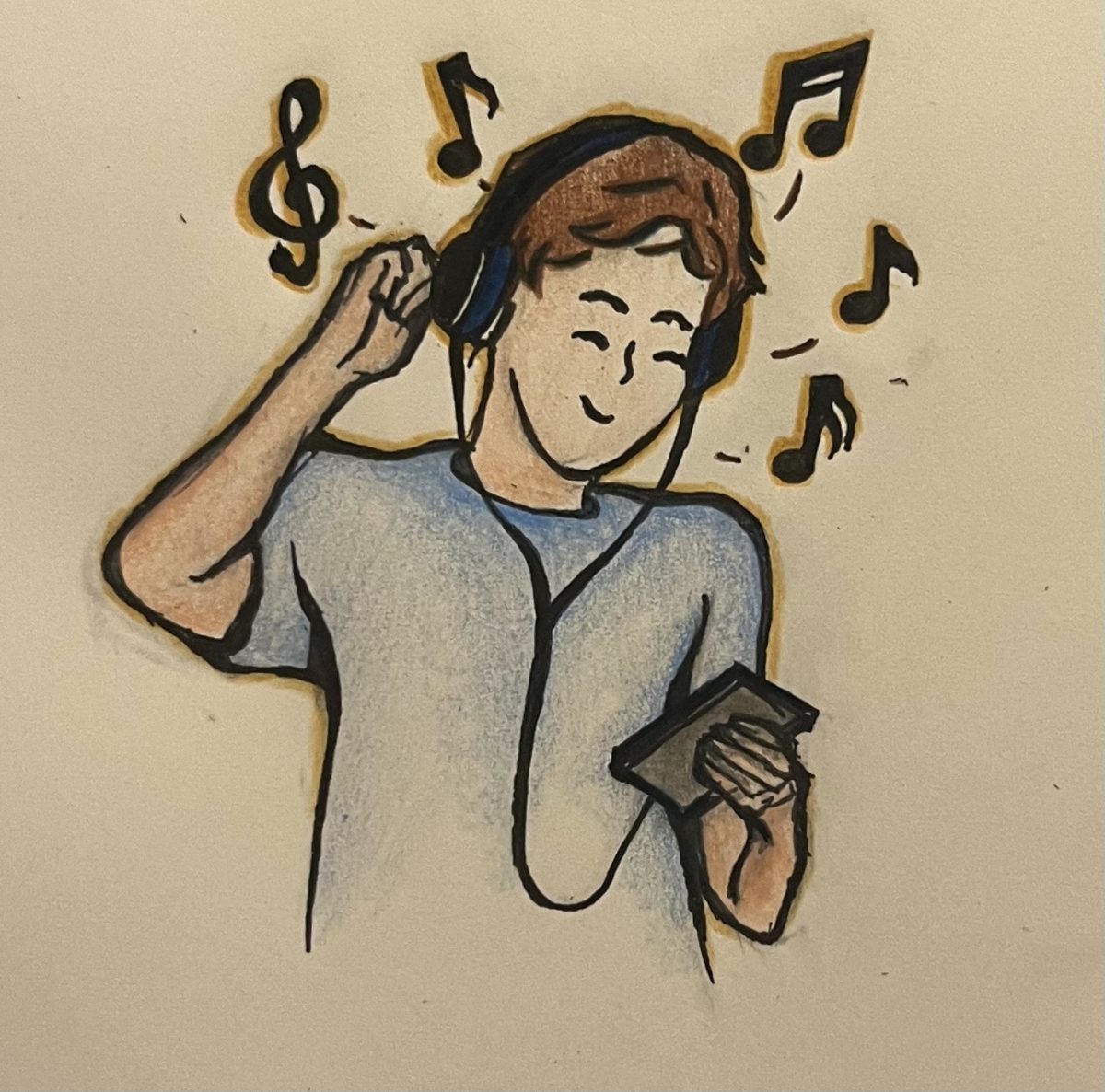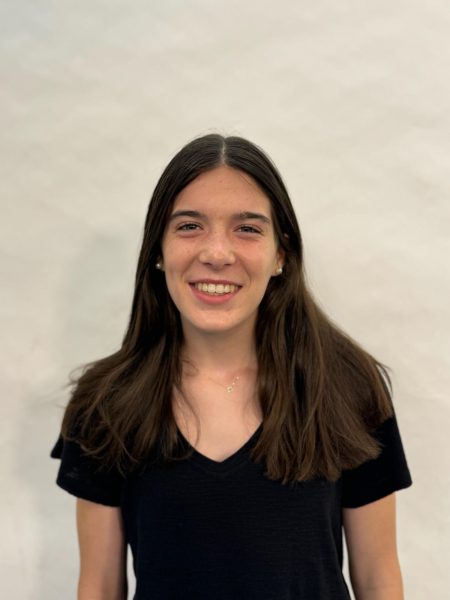When I was asked to write this article, I struggled to articulate my perspective on the ways my life is different from those without dyslexia. It’s the only thing I’ve ever known. Every person with a learning difference has a different story to share, each with their own set of challenges around accommodations and learning habits. My dyslexia prolongs the time and effort I spend daily on rudimentary skills that others would find easy. Dyslexia is something I have grown up with my whole life and can not fathom what my life would be like without it.
Growing up, I was always in the worst reading group and my spelling was often deemed as “creative,” which really meant that my teachers and peers thought I was struggling. Despite these shortcomings, my elementary school teachers initially overlooked the difference in my learning style because I continued to learn key concepts and contribute in class, even if it took a little longer. I struggled to memorize simple times tables, spell and read at a fast pace; instead, I focused on bigger concepts and more abstract ideas, and still do.
The extra work I put in helped to outweigh my reading struggles, even if there is no “cure” to them. The challenges I face in completing basic tasks push me to excel in other, more unusual areas to compensate for those struggles. My dyslexia is something of a badge of honor, and I’ve long believed there is beauty in having learning differences.
Subtle tricks make a lasting impact on me as a learner. To this day, I continue to check the direction of my b’s and d’s with hand gestures and still spell “because” with the help of a mnemonic device (big elephants can always understand small elephants).
I have coped with and thrived despite the struggles that come with having dyslexia. After I was diagnosed when I was seven years old, I was ecstatic. This was shocking to many around me. Maybe I felt relieved because the diagnosis helped me better understand the reason behind my challenges in literacy. Or maybe it was because my parents told me I could finally get an iPad to listen to audiobooks on. Either way, I was thrilled. I began to call dyslexia my superpower, while spelling was my kryptonite.
However, I quickly learned that dyslexia was not all iPads and audiobooks. Determined to remain at my current elementary school and stay on the same level as my peers, I began seeing a reading tutor twice a week for two hours and a math tutor once a week for an hour on top of regular school. Because my brain is not wired the same way as others, the tutoring helped me and my family discover the tools and habits I needed to be successful and keep up with my classmates.
I discovered areas where I could excel because of my dyslexia. I would listen to Audible at three-times speed, allowing me to finish 800-page Harry Potter books in less than a week while retaining the same level of comprehension as I would at regular speed. My learning difference is not something that will change or get better over time, so I try to find ways to adapt. I use the tools available to me to finish my assignments, even if this means taking an irregular path.
My school days start the night before. Each night, I need to email teachers about when I will do my assessments, how we will squeeze in the extra time and where we will meet. I also set up lots of meetings with my teachers to go over any questions I have on topics that we covered in class (shout out to all my teachers who put up with my endless questions and are so generous with their time).
I often take longer to finish my assignments than my peers and need to put more effort into some subjects than most others. My accommodations — listening to audiobooks (I have listened to over 85,000 minutes on Audible), voice typing, Google reading documents aloud, extra time and a separate workspace — help me combat some of these challenges.
At this point, I am beyond proud of my dyslexia. Although it does not define me, it has helped mold me into the person I am today. It hasn’t always been easy, and sometimes it hurts. Dyslexia became a point of defiance for me, and it continues to be one to this day. The lessons and joys that come with having a learning difference vastly outweigh the challenges. Being dyslexic does not restrict me from being successful; in actuality, it is the driving force.



